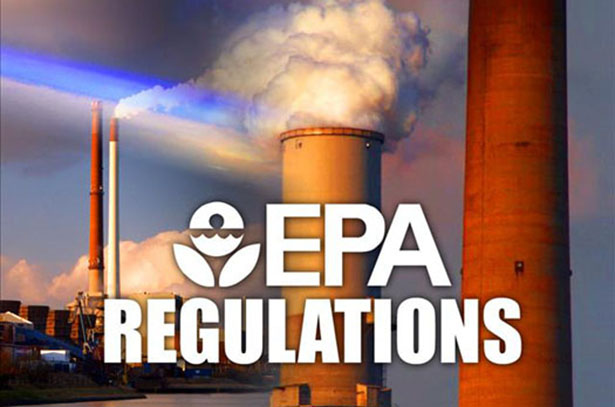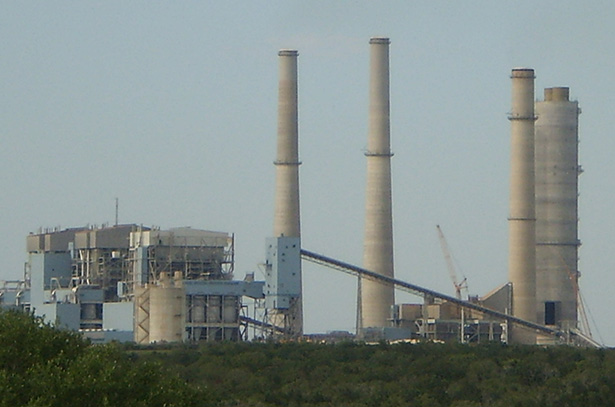
In an unexpected move, the Supreme Court this week issued a stay on implementing controversial new EPA regulations on U.S. power plants until a lawsuit filed by 27 states against the EPA rules can be fully adjudicated in the courts.
How you react to the decision depends on which issue matters most to you: climate change and CO2 emissions, or jobs and lower heating/cooling bills.
The left is outraged – and the right is relieved – by the Court's action to halt the EPA’s Clean Power Plan (CPP) regulations. Most everyone is surprised, particularly court watchers:
…while the Supreme Court's action is, in many respects, without precedent, so too is the CPP. It is not only the most ambitious climate-related initiative undertaken by the EPA, but it also relies upon unprecedented assertions of legal authority. And, to be clear, by "unprecedented" I mean just that – without precedent.
Key legal issues involved, according to law professor Jonathan Adler:
- "The biggest legal question about the CPP is whether the EPA has the legal authority to impose these regulatory requirements on existing power plants under Section 111(d) [of the clean Air Act] in the first place."
- If EPA does have such authority, "there is a question about the extent to which the EPA can look at so-called 'outside the fenceline' measures – such as the substitution of renewables for coal generation – to set a standard for emission reductions at coal-fired power plants."
- "Another set of arguments focuses on the EPA's development of the rule in the regulatory process [since], the challengers argue, the EPA made so many changes between the original proposal and the final rule that the resulting CPP was not a 'logical outgrowth' of the proposal."
- Additionally, "there are questions about whether it is adequately demonstrated that the projected emission reductions can be met at a reasonable cost, and whether the EPA impermissibly relied upon federally subsidized energy projects in making these determinations."
- Finally, there is the question of whether the new regulations would make any climate change difference: "…the CPP – for all its ambition – will not do much to reduce atmospheric concentrations of GHGs" [i.e., greenhouse gases].
The Court's decision to halt the EPA's enforcement of the plan until final legal adjudication postpones for now the $366 billion dollar costs of the plan and the anticipated double-digit percentage increases in average electricity bills for residents in 43 states.

